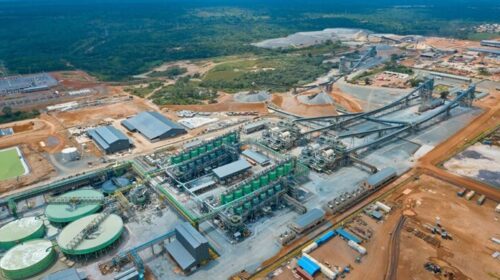Battery metals projects catch eye of Pension funds and Carmakers
Critical minerals projects are attracting newfound interest from pension funds and automakers to help tackle a looming shortage of battery metals, say some of Canada’s top investment bankers.
The rush for metals like lithium, copper and nickel needed to power electric vehicles has “clearly brought the sector into a spotlight that it wasn’t in a few years ago,” Ilan Bahar, global mining co-head at BMO Capital Markets, said during a Monday panel discussion at a mining conference in Toronto.
Bank of Montreal’s investment banking business has seen more interest from the auto industry wanting to buy stakes in miners as the US Inflation Reduction Act encourages manufacturers to source material on North American soil, according to Bahar.
Governments worldwide pushing for EVs “really, really quickly” to meet emissions targets are discovering supply constraints for key metals, Bahar said. “What everybody quickly realized is, one, that the supply is not fully available here, and two, that it’s controlled by a certain country that has a 15-year head start.”
Governments and companies around the world have been pushing to accelerate a shift from fossil fuels into cleaner energy sources, with battery metals like lithium, cobalt and nickel underpinning the transition.
The issue has gained more urgency in recent months due to rising competition among automakers for the metals and wild swings in raw material costs.
Pension funds are starting to consider investing in the battery metals industry, though some have expressed concerns tied to environmental, social and governance issues and bureaucracy, said Navdeep Bains, vice-chair of global investment banking at Canadian Imperial Bank of Commerce.
“I’ve talked to pension funds, and they’ve been like: ‘We’ll invest in this space, we’ve heard of the OEMs investing directly, but we have to see Indigenous issues resolved and permitting issues resolved’,” Bains said.
BMO’s Bahar said the sector will need more outside investment to meet future demand.
“We need a certain amount of supply that doesn’t yet exist, and we need investment beyond the amount of dollars in institutional investment funds,” he said.
SOURCE:mining.com
38 total views , 1 views today





